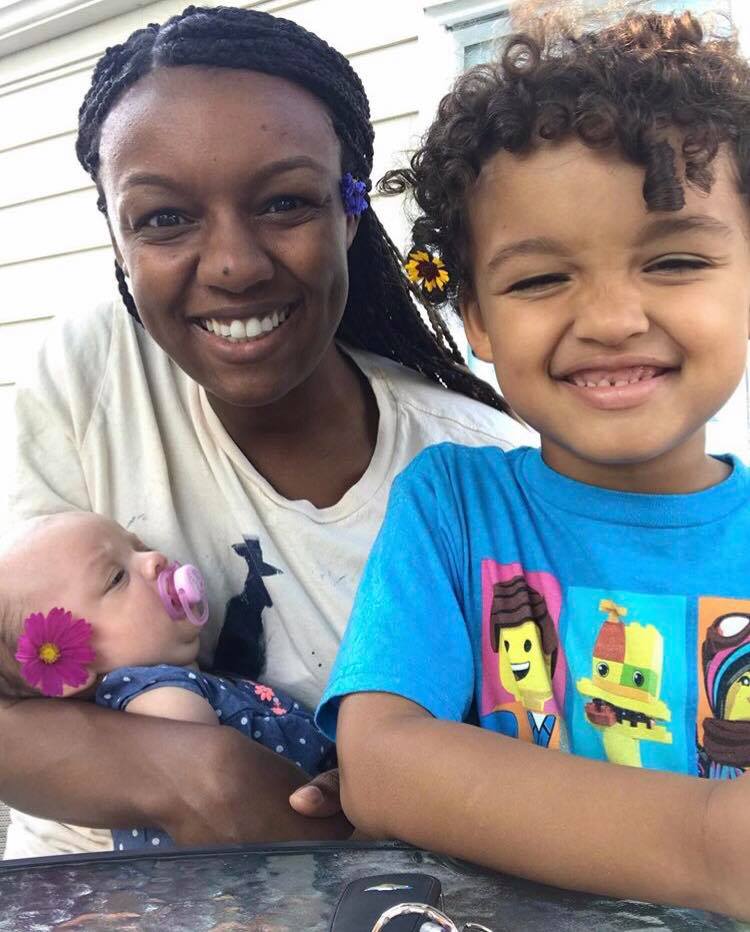
Friends are very important supporters for mothers with HG. Since you may also be a mom, you know how challenging pregnancy can be even without HG. The help that is most beneficial for these mom's is consistent and reliable support. You are likely the best person to offer emotional support, which mom's often say is sometimes more helpful than cleaning her house.
One of the most frequent disappointments we hear is that friends are very supportive initially, but then become distant over time. Helping a mom with HG isn’t exactly fun or exciting, it’s purely an act of loving and giving which makes it so appreciated. Women with HG are often reluctant to ask for help yet desperately in need, and feel terribly guilty needing so much without offering anything in return. Life can become very isolating and lonely, especially for women with prolonged HG and recoveries. Depression and trauma often results which can adversely impact her future and her child’s. Try to be there as long as she needs, even when she cannot give in return. Your friendship will grow stronger as a result. One day you may be in need and see the value of your helping her returned to you.
Ways you can support her through this difficult time:
- Offer as much help as you reasonably can for childcare, house cleaning, meal preparation, etc.
- Ask her to keep a list of tasks and errands she needs completed and find others to come by and help with one or two.
- Try to avoid getting burned out if you are very close. You need to care for yourself as well. She will also sense your frustration and feel guilty for burdening you.
- If possible, call other friends and family that are close to her and educate them on her illness. Ask how they would like to help, such as calling her weekly, dropping off food, or arranging playdates.
- Encourage her to be as active as she can, however, understand she may need to rest often. Fatigue, everyday odors, bright light, thoughts of food, and motion worsen nausea/vomiting.
- Be there to let her cry or vent her frustrations. Offer understanding and suggestions to help her cope. Know that her emotions are real. They are either positively or negatively influenced by her illness, the support she receives, and her genetic sensitivity to the hormonal changes of pregnancy. Read more in our Mother's Survival Guide.
- Try to get her out of the house for something fun, even for a short time, as often as she tolerates. She may feel encouraged by a movie, or brief trip to a baby store with you. Understand she can’t just go out to eat or shop as usual. She is likely weak and even short outings may cause her to have worse symptoms that require a few days for recovery.
- Think of something periodically to add enjoyment to her life, such as unscented flowers, books on decorating the baby's room, journals or catalogs with baby gear. Be aware that “normal” pregnancy books can be problematic as they focus on the joy of pregnancy these moms miss.
- HG can leave her very depressed and miserable. Help her stay focused on the baby that will soon bring joy to her life.
- If she is ill during the holidays, try to find ways to include her in the festivities and traditions. Gather friends to decorate her house but avoid scented items or bright lights. Don't forget to come back and clean up!!
- If she is not improving, considering abortion, or you feel her care is inadequate, quickly coordinate with her partner to find another health professional and/or e-mail us.
- Encourage her to read this site, join our Facebook group, and contact our Volunteers for emotional support.
- Bring food by as often as you can or run out to fulfill a craving she has quickly before it dissipates.
- Actively help her avoid and eliminate triggers of her vomiting/nausea in her environment.
- Try to help her identify foods she can eat and prepare them for her if time allows. Often preparing food increases nausea and creates an aversion that lasts a very long time.
- Ask her what you can do to help her most. She may not tell you otherwise.
- Know that HG can last well past the first trimester, possibly until delivery. Try to build a network of supporters that can help her until she has recovered which may be a few months postpartum.
- Educate yourself on signs of depression both during pregnancy and postpartum. She is at greater risk for depression if her symptoms are severe and/or last for more than half of her pregnancy. Make sure she gets help if needed.

